Essential Advice from Venue Owners
Friday, July 9, 2019 written by Leanna Read and photographed by Mika Miller
Planning an event takes a great deal of thought, trial and error, and probably some scrambling. If you feel stuck knowing how to start your event planning, here are nine steps straight from the experts: venue owners.

1. Book in Advance
This may seem like a no-brainer, but venues book up fast, especially for holiday parties. If you don’t have flexible dates, it is vital that you reserve early. Holiday parties for companies with 1,000+ guests often book nine or more months in advance. Smaller parties can sometimes book closer to the desired date.
Things to consider:
- Most venues have a variety of room sizes including spaces that can be combined or divided.
- Evening or weekend spots will always be more popular. Availability is more easily guaranteed if you can swing a day-time or weekday spot.

2. Communicate
Your venue host will better be able to help you pull off the perfect event if you TELL THEM EVERYTHING about your theme, your guest list, and your vision. The secret to a smooth event is communication.
Things to consider:
- Ask your venue manager or host for suggestions specific to your event.
- Ask for activity ideas.
- Let them know if your event ambiance is formal or social.
- Ask detailed questions about pricing and deadlines.
- Ask about what has or has not worked for past similar events.
- Plan a detailed schedule with the venue staff.
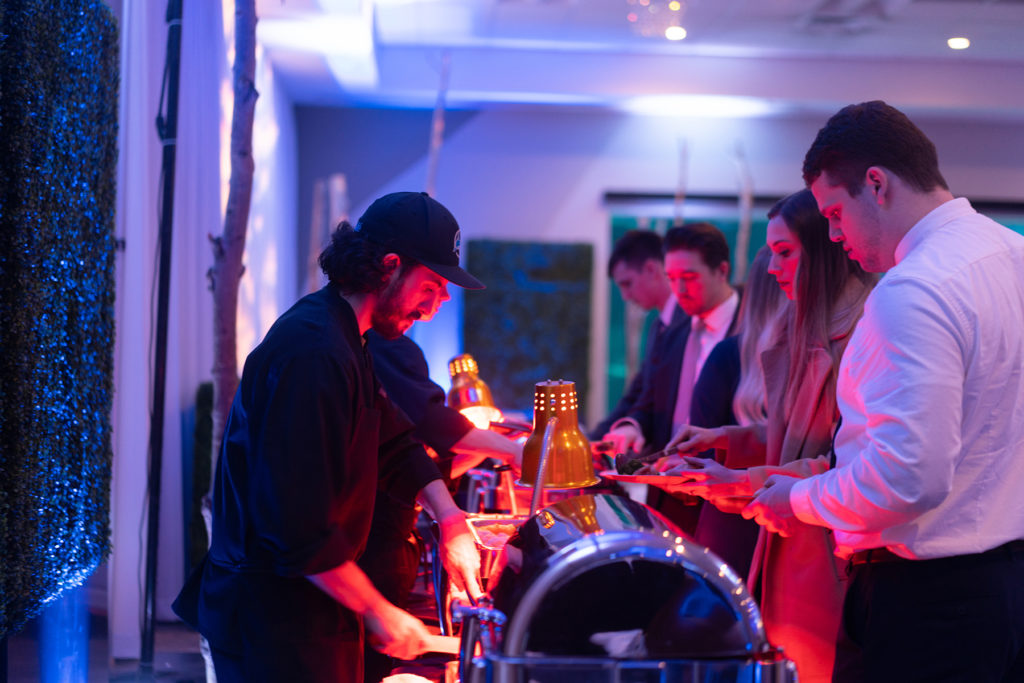
3. Staff Assignments
It is important to communicate constantly with your own staff. Whether you have a full team or a group of volunteers, everyone should have accurate expectations of their responsibilities. Send each staff member a detailed explanation of their role in advance of the event.
Things to consider:
- Who will do check-in? Who is capable of managing audio/visual needs? Do you need volunteers?
- Some venues will have minimal staff support while others may take care of everything for you. Ask your venue manager for specifics so you know what to expect.
- Enlist more people than you think you need so you have backups.
- How will you communicate during the event? Will you need radios, or a text group between managers?
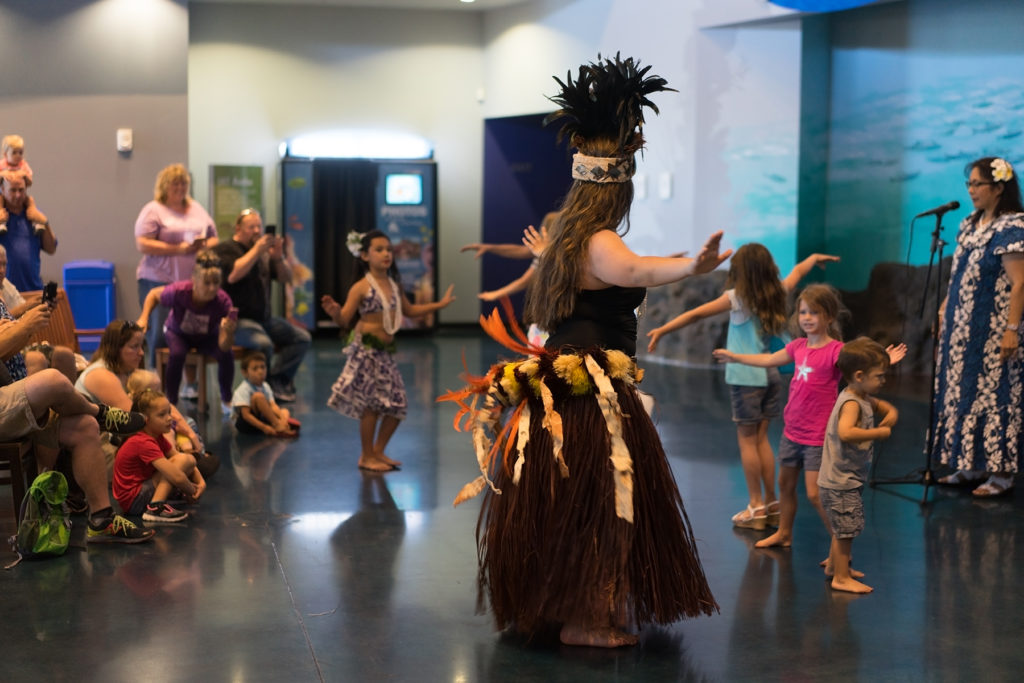
4. Plan Activities
What is the purpose of your event? You may be hosting a conference, an activity night for families, a reception or awards night, etc. Make a detailed schedule of activities for you, your staff, and the venue managers.
Things to consider:
- Some venues are activity-based while others are focused on ambiance. Consider how your guests will want to spend their time at your chosen venue.
- What age group are you targeting? Some venues are more suited for children than others.
- You can save a lot of time/energy/worry by choosing a venue that comes with its own kind of entertainment value. Take full advantage of the venue you choose.

5. Consider Your Guests’ Needs
Think about your guests. What do they need in order to have the best experience? Sometimes the smallest inconveniences can turn an impression sour. The more you can cater to small and simple needs, the sweeter their memories will be.
Things to consider:
- Travel time: how far will people be traveling? Will traffic be an issue? How much parking is available?
- Alcohol: is it easy to get hired drivers to the location?
- Accessibility: is the venue wheelchair friendly?
- Restroom facilities: are there enough stalls for the number of people you expect?
- Weather: What’s the worst that could happen? Especially a concern at outdoor venues, be sure to provide shade and shelter for your guests’ comfort.

6. Licensing
Permits are required for many event activities or structures, and every city has different regulations. Ask your venue host about which licenses or permits you’ll need.
Possible permits to consider:
- Serving alcohol
- Temporary structures for stages/activities/AV
- Noise levels
- Drones
- Large machine/equipment use
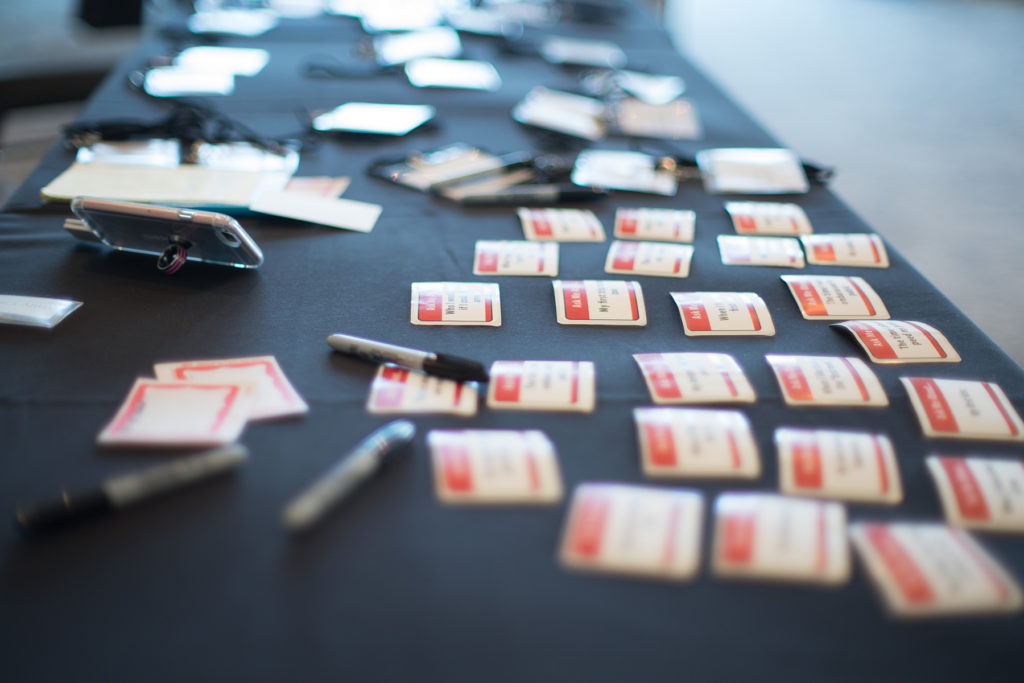
7. RSVP & Registration
Technology makes it easier, but collecting responses from attending guests can be complicated. You may want to plan a second RSVP collection method for people who experience technical difficulties.
Things to consider:
- Test your RSVP technology. Different mobile or laptop devices may or may not function the same.
- Venue managers appreciate the most accurate headcounts possible. The best practice is to finalize your guest list at least two weeks in advance, giving people a strict deadline for sending in their response.
- You may want to send a post-registration response with a parking map, activity schedule, venue-specific rules, and instructions for checking in.
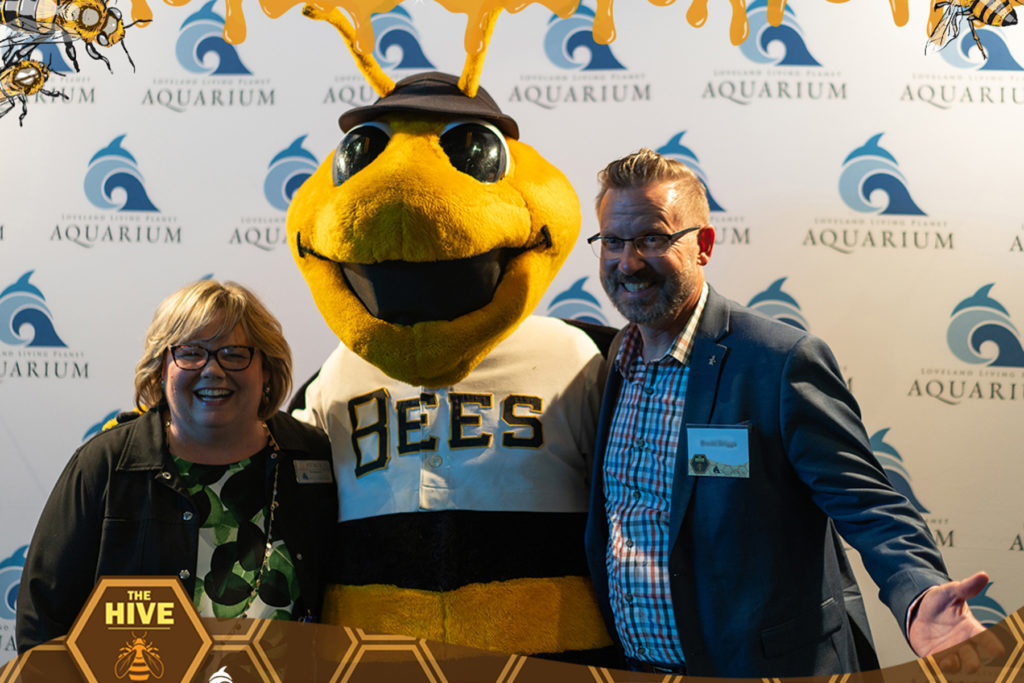
8. Social Media Ops
This modern world is all about posting and sharing. You can benefit from preparing social media opportunities in advance. Stories, Tweets, Filters and Tags can boost your brand or simply gather all the shares in an easy-to-view-and-save collection.
Things to consider:
- Prepare a Snapchat filter for your branded event.
- Write an all-platform hashtag. Even personal events like weddings can benefit from people using the same hashtag on their posts ensuring you can view them all together.
- Prepare a photo-booth/selfie spot for people to take a picture with your brand.
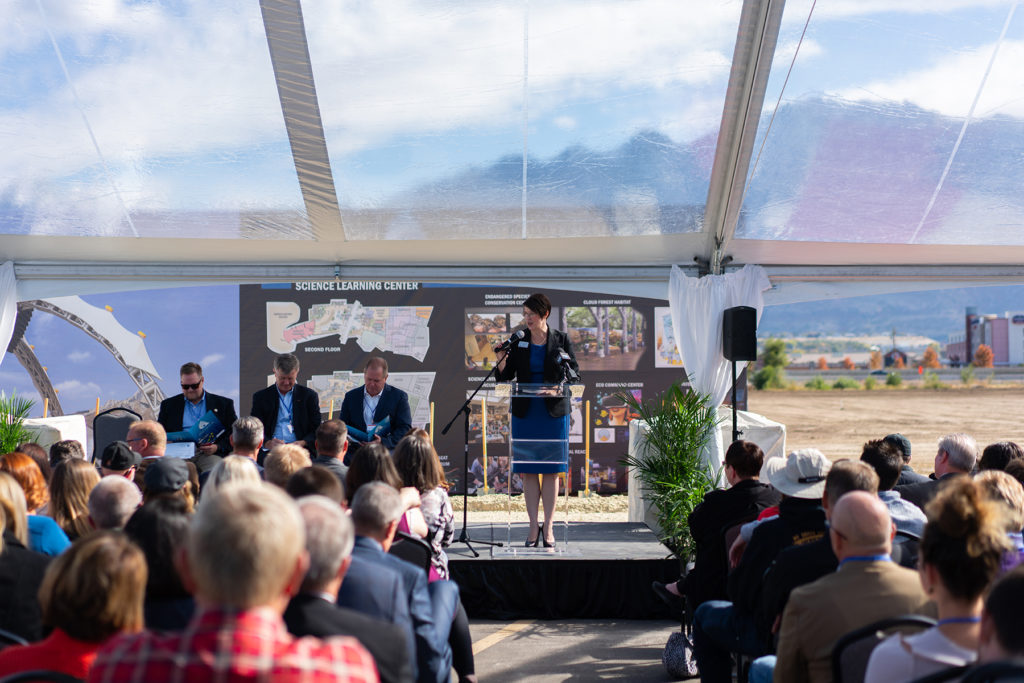
9. Hard Copy Backups
Technology is amazing, but it can sometimes be uncooperative. If you are using any audio/visual equipment for your event, it is good practice to test it multiple times. Test it in advance on location well before the event starts.
Things to consider:
- Be the most prepared by bringing your content in three forms: online, hard drive and paper.
Every venue comes with its own benefits and challenges, so the best plan is to prepare in advance and keep constant communication with the venue host. For questions about booking an event at Loveland Living Planet Aquarium, click the button below to schedule a tour. Come alone or bring your event planning team and enjoy complementary admission on the day of your tour.

